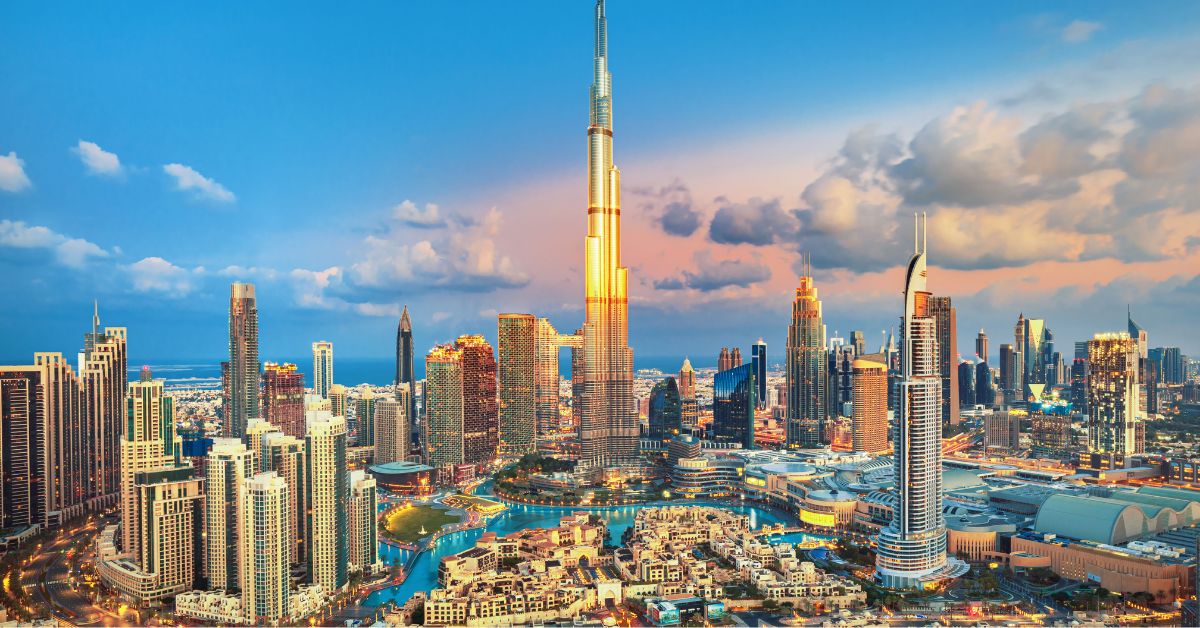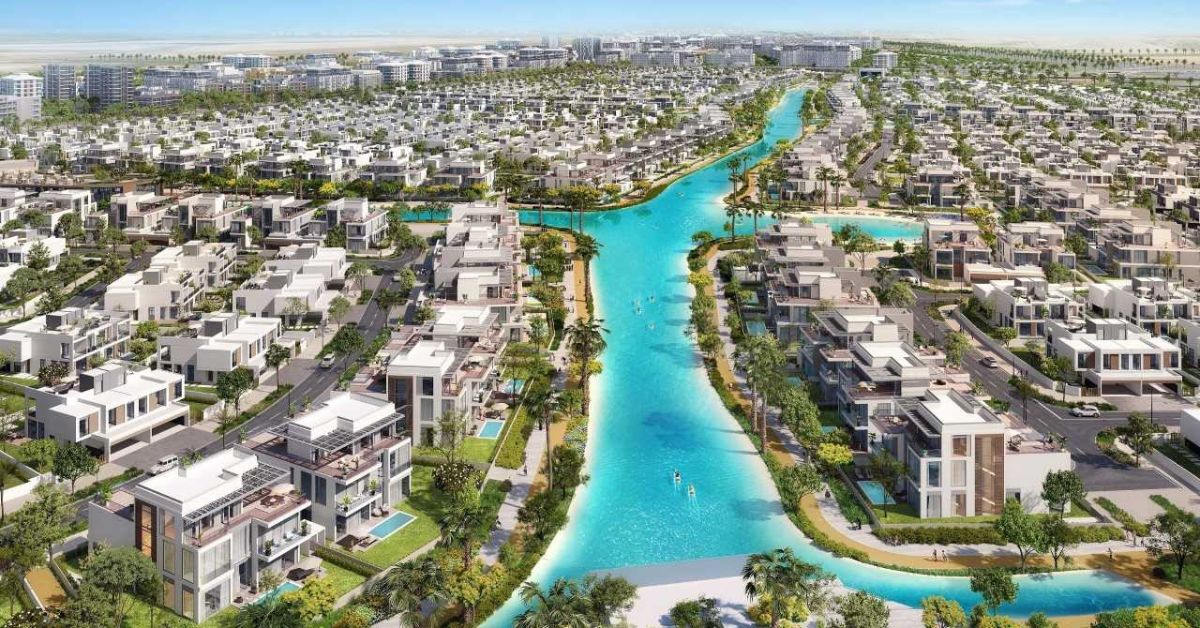Dubai, UAE — The glitzy emirate of Dubai is witnessing its most significant surge in apartment values in nearly a decade, marking a continuation of the property boom that has positioned it as a global real estate hotspot.
The city’s skyline, predominantly dotted with apartments constituting about 85 percent of its residential real estate, is shimmering brighter than ever. This surge is attributed to the revival of housing activity in the emirate, traditionally dominated by expansive single-family villas.
As per CBRE, a leading real estate consulting group, apartment prices have skyrocketed by an average of 20 percent this year until August, marking the steepest ascent since November 2014. This rise even surpasses the 17.3 percent hike witnessed by villa prices.
The driving force behind this boom? A confluence of factors: an influx of cryptocurrency magnates, Asian bankers relocating to the emirate, and wealthy Russians looking to safeguard their assets. The government’s proactive stance, introducing reforms like relaxed visa laws and special visas for job seekers and entrepreneurs, has further fueled this growth.
Dubai Real Estate Market At A Glance * 85% of Dubai's residential real estate consists of apartments. * Apartment prices surged by an average of 20% this year until August. * This increase surpasses the 17.3% rise in villa prices. * Apartment prices remain 9.6% below their 2014 peak. * In contrast, larger home prices have risen by 8.7%. * Investors can expect a return of 7.34% on Dubai apartments. * London offers a return of 4.18% on apartment investments. * The average annual rent in Dubai is AED 106,674 (US$ 29,000) for apartments and AED 322,573 (US$ 87,821) for villas. * Dubai's residential real estate price surge is expected to be 14% in 2023, down from 44% in 2022. * Chinese buyers in Emaar Properties doubled to 8% in the first half of 2023, up from 4% in 2022. * Russian investors remain dominant, being the largest buyers of Emaar's projects in the recent quarter.
However, while villas have bounced back to their pre-pandemic glory, apartments are still catching up. CBRE’s data reveals that apartment prices are 9.6 percent shy of their 2014 peak, whereas larger homes have surged by 8.7 percent.
For investors, Dubai offers an enticing proposition. The emirate promises a return of 7.34 percent on apartments, with the added benefits of a peg between the US dollar and the UAE dirham and no rental income tax. In comparison, London, a city dominated by apartments, offers a modest 4.18 percent return.
As for the rental landscape, the average annual rent in Dubai stands at AED 106,674 (US$ 29,000) for apartments and a whopping AED 322,573 (US$ 87,821) for villas.

Knight Frank’s report projects Dubai to continue leading the global residential real estate price surge in 2023. However, the pace might decelerate to 14 percent from a staggering 44 percent in 2022.
Interestingly, Dubai’s allure isn’t limited to the West. Chinese investors, once dominant buyers in the emirate, are making a comeback. Emaar Properties, Dubai’s premier developer, reported a doubling of Chinese buyers to 8 percent in the first half of 2023, up from 4 percent in 2022. This resurgence, albeit still below the 13-14 percent peak, is pivotal for the emirate’s property market.
Russians, on the other hand, continue to dominate, being the largest buyers of Emaar’s projects in the recent quarter.
In essence, Dubai’s real estate market is not just thriving; it’s setting global benchmarks, drawing investors from every corner of the world. The emirate’s blend of strategic reforms, global appeal, and robust infrastructure promises a bright future for its property landscape.








